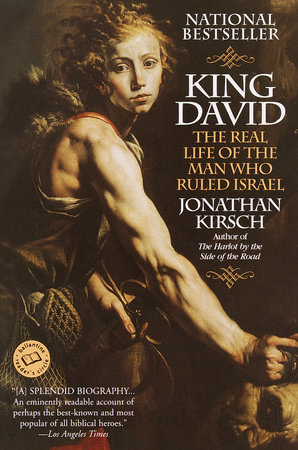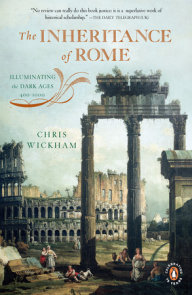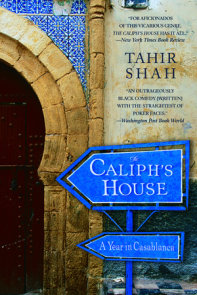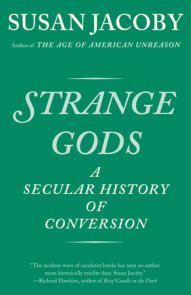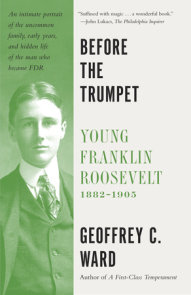READERS GUIDE
Introduction
David, King of the Jews, possessed every flaw and failing of which a mortal is capable, yet men and women adored him, and God showered him with many blessings. A charismatic leader, exalted as "a man after God’s own heart," he was also capable of deep cunning and bloodthirsty violence. Weaving together biblical texts with centuries of interpretation and commentary, as well as the startling discoveries of modern biblical archaeology and scholarship, bestselling author Jonathan Kirsch brings King David to life with extraordinary freshness, intimacy, and vividness of detail, revealing him in all his glory and fallibility. At the center of this taut, dramatic narrative stands a hero of flesh and blood-a man as vibrant and compelling today as he has been for millennia.Questions and Topics for Discussion
1. In King David, I have compared David to John F. Kennedy as examples of leaders with "charisma." Do you find David to be a charismatic figure even though, like JFK, he was capable of both heroic and scandalous conduct?
2. The Bible shows that both men and women fall in love with David, and some scholars believe that David’s relationship to Jonathan was more than purely platonic. Do you find any homoerotic overtones in the encounters between David and Jonathan and the words that David speaks about Jonathan?
3. One theory of biblical authorship proposes that the Bible began with the life story of David, and everything else was built up around David’s story. Do you find this theory to be convincing? When you read the Book of Samuel, do you hear the voices of several different authors or just one?
4. Two different versions of David’s life story are given in the Bible. The Book of Samuel gives us the adults-only, R-rated version, and the Book of Chronicles gives a child-safe, G-rated version. If the Book of Samuel had been lost, and only the Book of Chronicles had survived, do you think the Bible itself and the Bible-based religions would have turned out differently?
5. Some Bible scholars suggest that David knew, or should have known, that his son, Amnon, intended to rape his daughter, Tamar, and they blame David for sending Tamar to Amnon’s bedchamber. Do you agree that David bears some responsibility for what happened to his daughter?
6. David has been criticized for being a sentimental and indulgent father. For example, he fails to punish Amnon for raping Tamar, and he gives orders that none of his soldiers should harm Absalom when they go into battle against him. Do you see David’s attitude toward his sons as a praiseworthy quality or a sign of weakness?
7. Some feminist Bible critics suggest that the women in David’s life are sexually abused and exploited. One scholar, for example, says that Bathsheba is "raped by the pen" because the Bible allows us to watch her at various intimate moments. Do you think women are treated inappropriately in the biblical life story of David?
8. Although God vows to "raise up evil against thee out of thine own house" as retribution for David’s sin with Bathsheba (2 Sam. 12:11), David himself is never directly punished. The illegitimate baby dies, Tamar is the victim of rape, Amnon is assassinated, and Absalom is killed in battle–but David dies in his bed. Do you think he is suitably punished for his affair with Bathsheba and his role in the murder of Uriah?
9. In King David, I argue that "[s]omething crucial in human history begins with the biblical figure of King David," and I suggest that he is "the original alpha male," "the first superstar," an "authentic sex symbol," and "the quintessential winner." Do you agree that David can be credited (or blamed) for shaping, as I put it, "what we expect of ourselves and, even more so, of the men and women who lead us"?
10. Sometimes it seems that powerful people are held to a different standard than ordinary people when it comes to their private moral conduct. In King David, I suggest that these ideas about leadership begin with the biblical figure of David. Do you agree? Do you think David sets a good example or a bad example for what we have come to expect of our leaders?
11. Shakespeare borrowed many of his plots from other sources but never from the Bible. Still, some readers see similarities between King Lear and King Saul, for example, or between Hamlet and David. Do you see any influences on Shakespeare and his work that can be traced back to the Bible in general and King David in particular?
12. David is more often invoked in modern Israel, where he is admired as a military leader, than in pious Jewish tradition. Do you think the history of the Jewish people would have turned out differently if David had been given a more prominent role in Jewish tradition?
13. As discussed earlier, Bible scholar Gerhard Von Rad describes an "undersong" of David’s story running throughout the Bible. Do you see or feel such an undersong in your reading of the Bible? Where?







